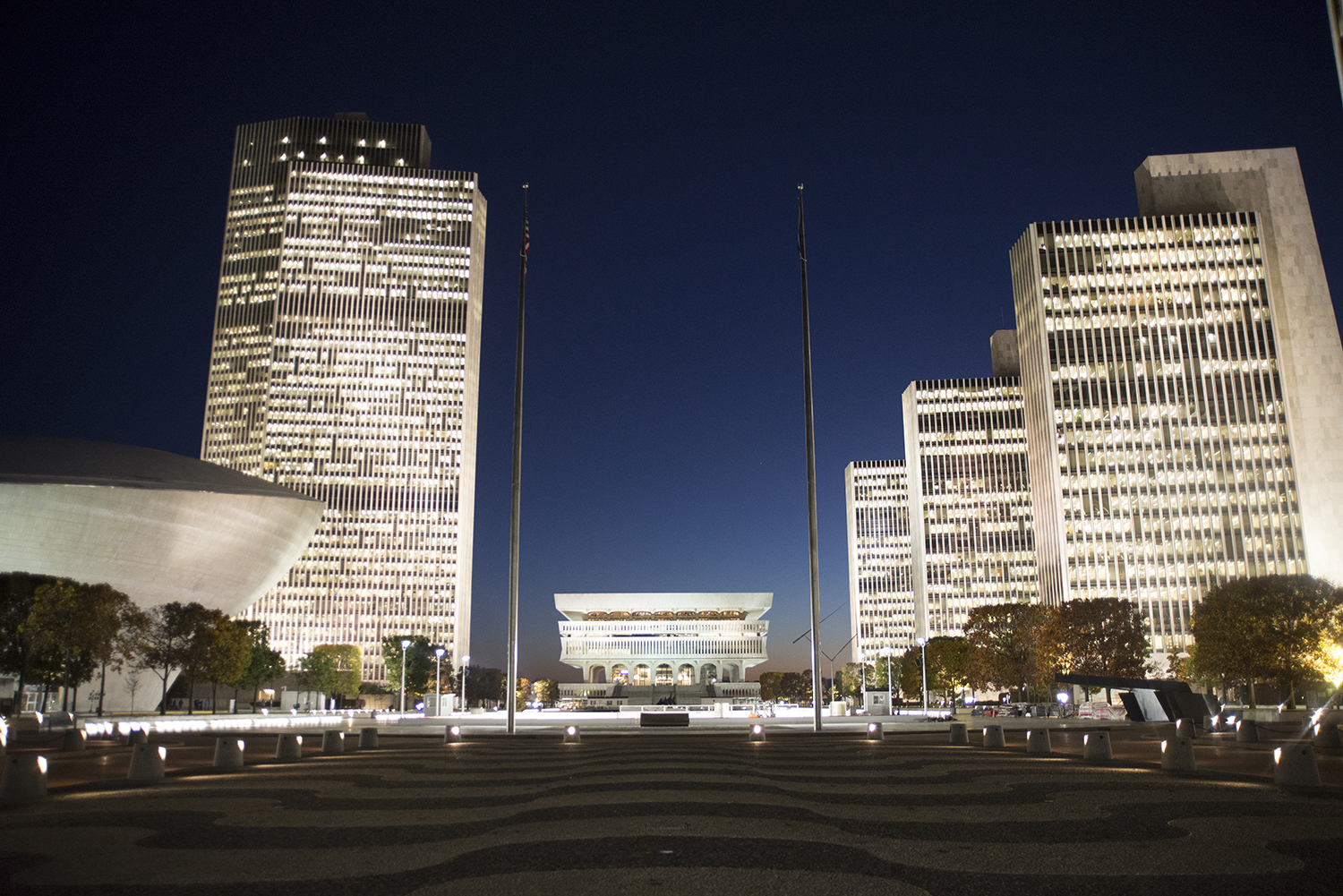
September 2017
The New York State Constitution requires that every twenty years, voters be presented with a question on the statewide ballot, “Shall there be a convention to revise the constitution and amend
the same?” In contrast to the federal Constitution, the New York State Constitution expressly gives New York voters the opportunity to revisit and revise the relationship between the State government and its citizenry. A constitutional convention allows delegates elected by the people to gather and examine our State’s Constitution. The delegates can strike current text and propose changes and new provisions to the document. Changes to language can be made to enhance clarity and understanding, or to streamline what is already in place. New provisions may address issues that the current Constitution does not address. All convention proposals must be put before the voters who ultimately decide whether they will support or oppose the recommended changes.
Since 1777, New York State has held nine constitutional conventions, four of which resulted in the adoption of new constitutions. We are now governed by the 1894 Constitution, which has been amended over 225 times, many of which occurred in the absence of a convention, as a result of the approval by two successive legislatures and adoption of the proposed amendment at the polls.
Historically, New York has organized a constitutional commission before the vote on the ballot question. This process helps identify issues likely to be considered by the convention delegates if one is called by the voters. This year a constitutional commission has not been funded or appointed by the legislature or executive. In its absence, experts who have worked on prior constitutional commissions have coalesced to educate the public and others on the history of the State Constitution, the conduct of prior conventions, and key issues that may be addressed. This coalition was voluntary and operated without the imprimatur of any government entity. The Rockefeller Institute of Government and the Government Law Center at Albany Law School participated in the coalition.
In the run-up to the ballot referendum this November, we thought it would be worthwhile to identify, some of the issues that commentators, scholars, politicians, the media, or pundits have
identified as potentially suitable for discussion at a constitutional convention.
We take no position on the merits of these proposals, or on how citizens should vote on whether to hold a Convention. But we hope to better inform voters’ decision by exploring the range of
proposals that might emerge from a Convention if one were convened.
Whatever the merits of the recommendations collected here, it is our good fortune in this State to have so many people willing to engage in civil discourse concerning measures to improve public
governance and the welfare of the State’s citizens.